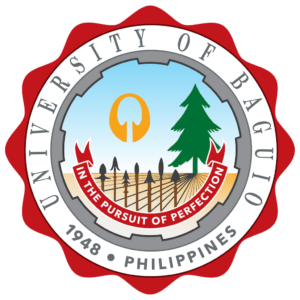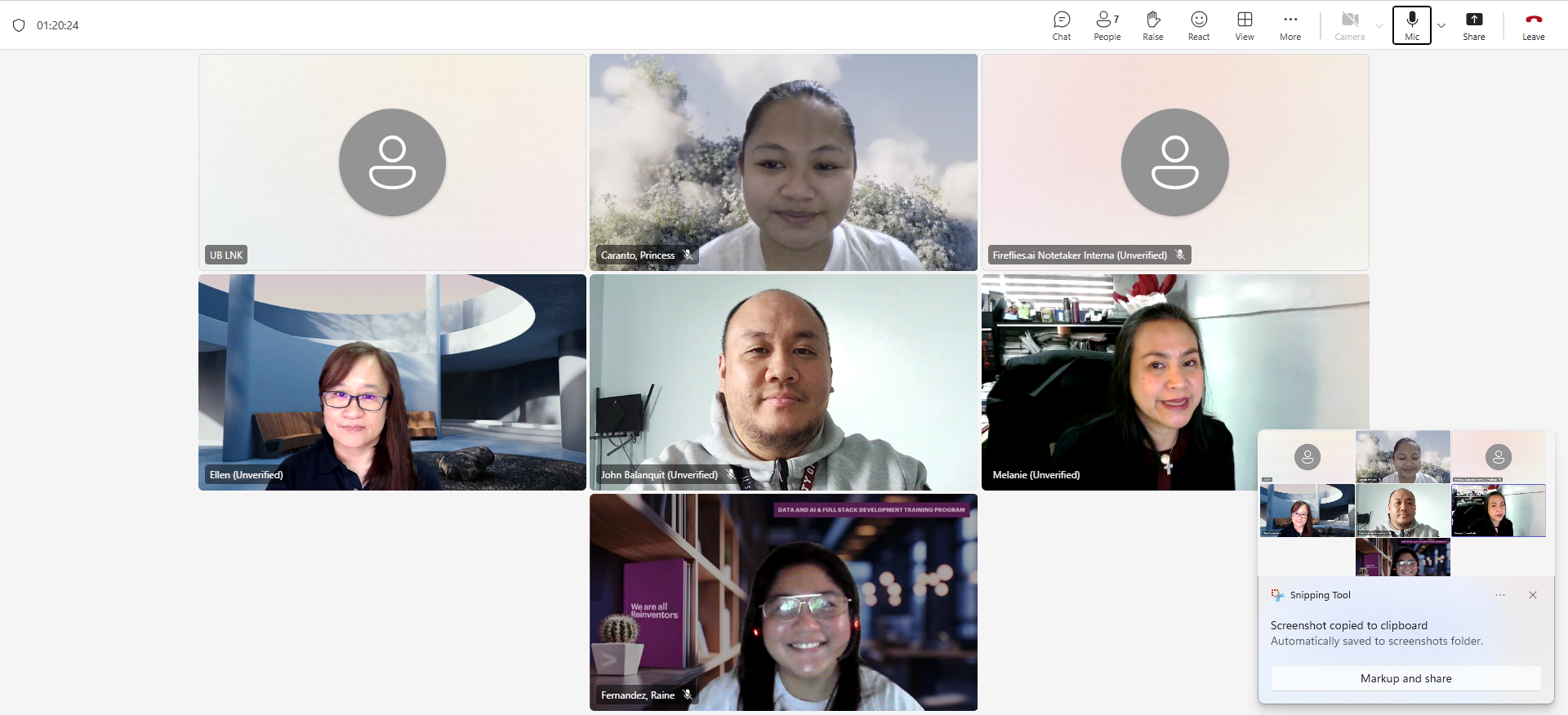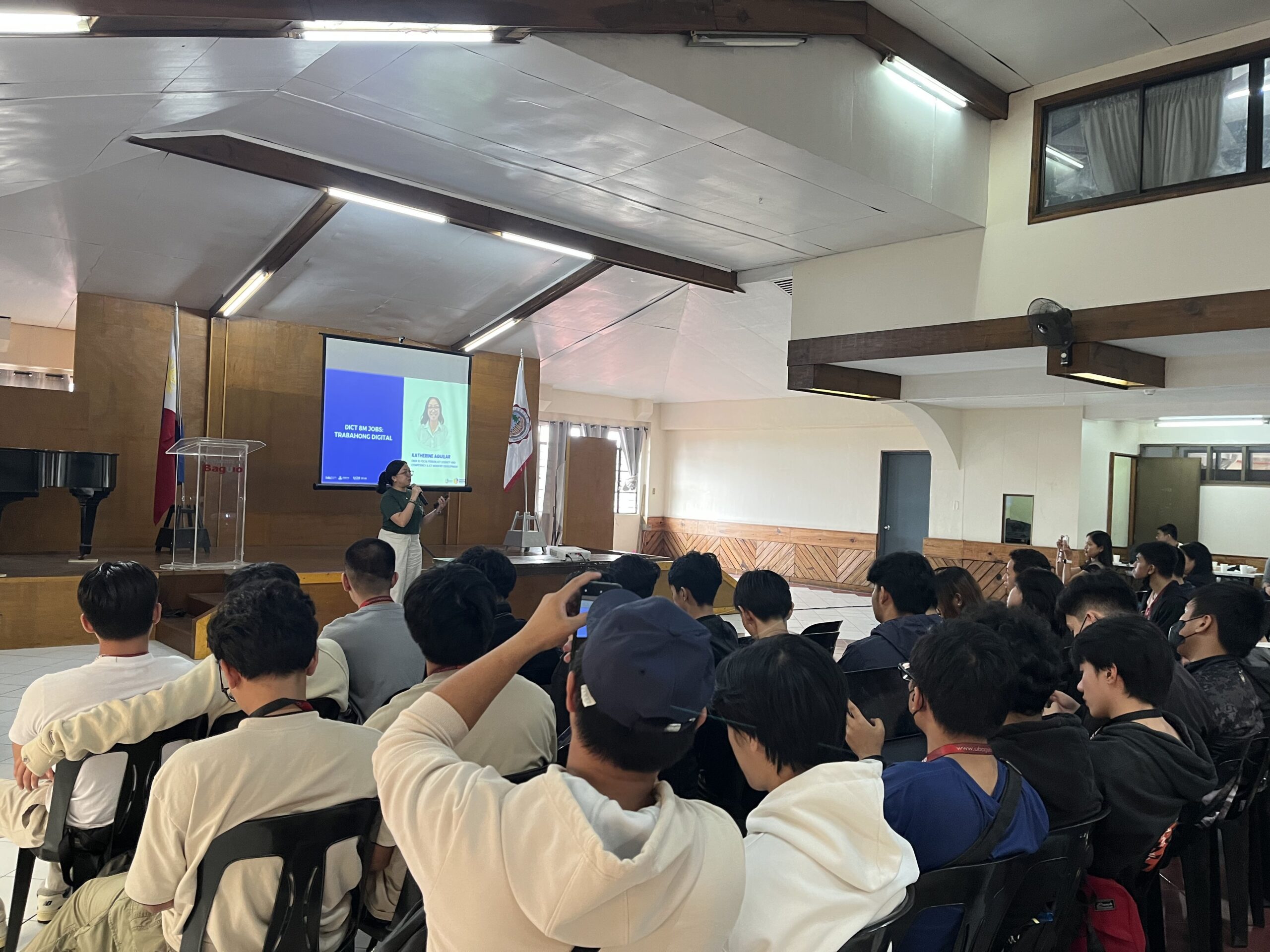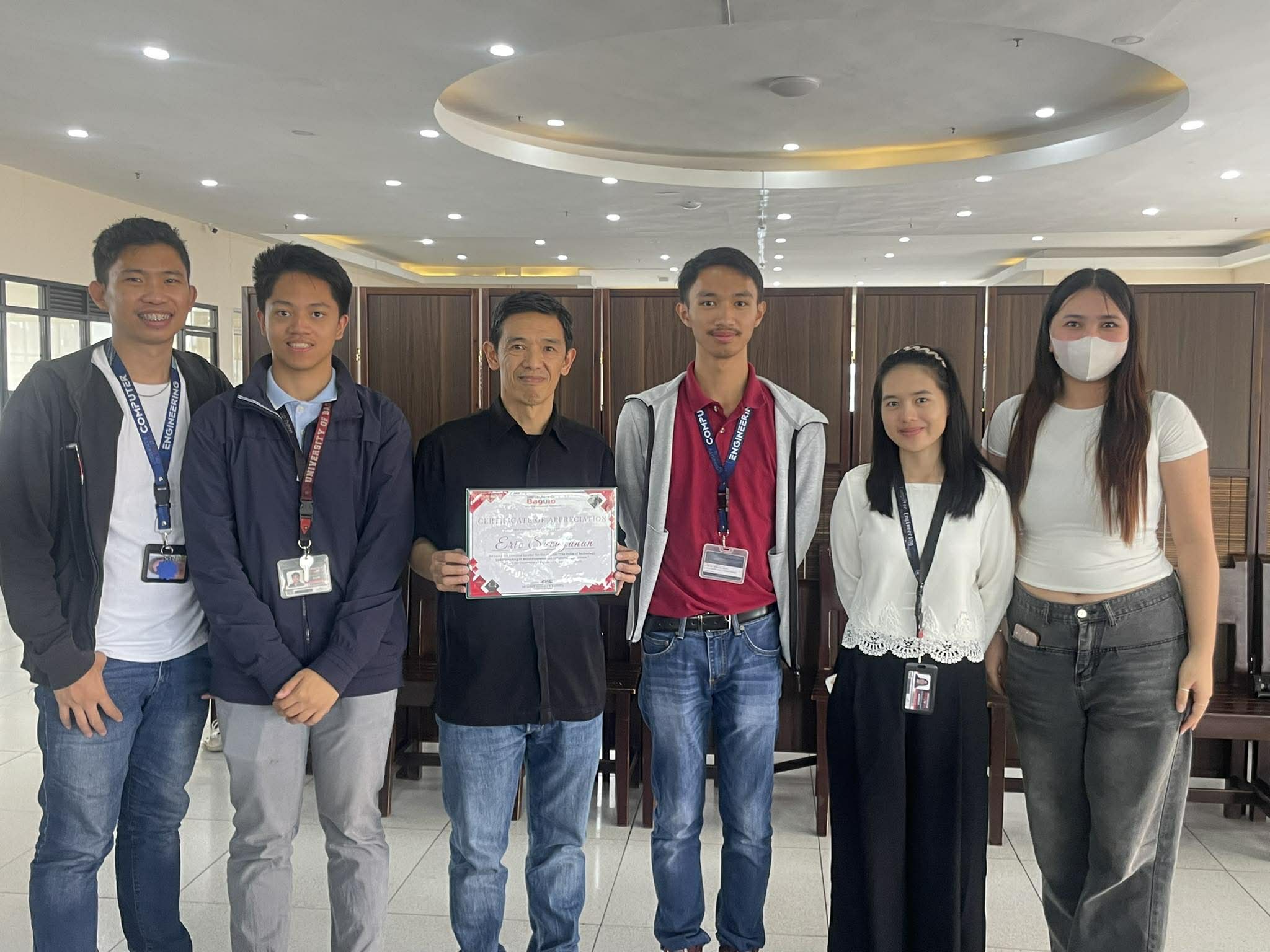Student leaders from the University of Baguio recently participated in a transformative leadership training program in collaboration with the City of Baguio CEPMO, the Friedrich Naumann Foundation, and the University of Baguio. The event, which took place over two days in September 2023 at the Nature Green Hotel in Bekkel, Benguet, aimed to equip the next generation of student leaders with essential skills and knowledge.
The event aims to empower the next generation of student leaders at the University of Baguio. This all-encompassing program strongly emphasizes sharpening abilities in advocacy campaigning, campus organizing, and leading initiatives to promote sustainability on the university grounds and the broader community. The summit will give a platform for students to transfer their newly acquired knowledge and talents into concrete solutions for problems that exist in the real world. The summit included fascinating speeches and immersive workshops, culminating in a capstone project presentation.
During the session on leadership and movement building that was led by Miss Elsie Cialana, MBA, who is a speaker for the Friedrich Naumann Foundation, the focus was on the significance of recognizing one’s leadership journey as well as the crucial role of advocacy work as the foundational components for igniting social transformation. Miss Elcie highlighted the dynamic nature of our environment and the capacity of the students to lead others in creating positive transformations by emphasizing this potential.
Miss Elsie advised the attendees to embrace their leadership positions while highlighting the contrast between leading out of obligation and out of purpose. She emphasized that purpose-driven leadership is the key to creating meaningful change. Miss Elsie continued to go deeper, this time exploring the ideas of ‘meaning’ and ‘impact.’ During her insightful presentation, she underlined the role of self-awareness as a compass that enables individuals to go confidently through the many periods of their lives. She emphasized the significance of flexibility and urged the students to think about how they can engage productively with the environment in which they find themselves. In addition, a big part of what Miss Elsie talked about was how accountability and effect connect. She also challenged the attendees by asking them how they would like to contribute to developing a more critical and long-lasting change in their communities.
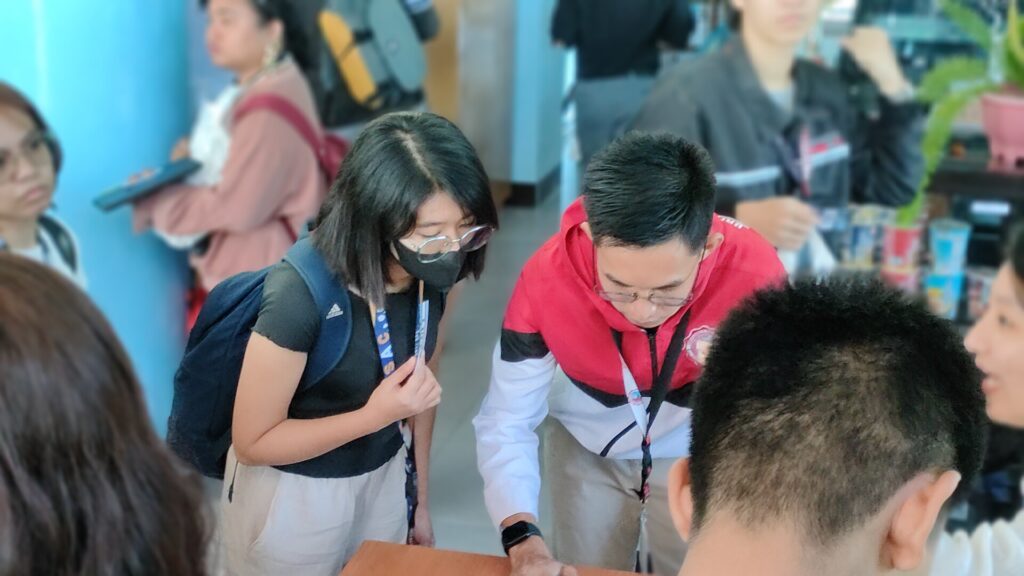
Miss Camille Dominguez from the Friedrich Naumann Foundation led an exciting school organizing and mobilizing session. The main topics were developing civic responsibility, getting students involved, and learning how to think as a group. That’s why Miss Camille highlighted the importance of jobs and structure in a team. She also talked about how to define problems and set SMART (Specific, Measurable, Attainable, Relevant, Time-bound) goals that can be reached.
She told the attendees to take the initiative. She helped them make a detailed action plan that included making a list of possible projects, figuring out who the target audience was, building communities, making a timeline that would work, planning resources, and thinking about possible risks and expected outcomes. Miss Camille emphasized the importance of mobile resources and helped the participants develop good strategies for mobilization, asset mapping, and finding different sources of funds. She also emphasized how important it was to involve all the people who had a part in the action plan in order for it to be carried out successfully. Miss Camille told the students that feedback was essential and asked them to consider important things, like whether the goals were met and which methods worked best. The goal of this process of reflection was to create an environment where people are constantly learning and getting better at school planning and mobilization. Miss Camille also talked about the educational value of involvement in politics, showing how it improves skills and knowledge while training future leaders who will do good things for society. She reiterated how important it is for student groups to work together to change policies and how these efforts help shape people’s views, leading to positive societal changes. Without a doubt, this in-depth training gave the student leaders the tools and knowledge they need to make changes in their schools that will last.
Engr. Marivic Empizo from the City Environment and Parks Management Office (LGU) led a series of thought-provoking discussions and presentations on how eco-consciousness and technology can work together to make life more sustainable in the digital age. The session looked at many ways that technology can be used to help protect the environment. It focused on neighborhood climate change action plans, the Climate Change Council, and different research and innovation grants and programs.
A clear goal statement for the City Environment and Parks Management Office was given: to protect the city’s environment by implementing responsive and well-balanced environmental strategies. This project’s goal was to help make the city more sustainable, where progress and environmental protection live together in a delicate balance. Engr.’s talk focused on the office’s primary duties, which included managing parks, the city cemetery, wastewater, hazardous waste, air quality, and urban waterways. Including social aspects in these duties showed that the office took a complete approach, highlighting how protecting the environment and improving community health are linked. Eco-consciousness, which means being aware of, knowing, and caring about the environment, was a key topic of discussion.
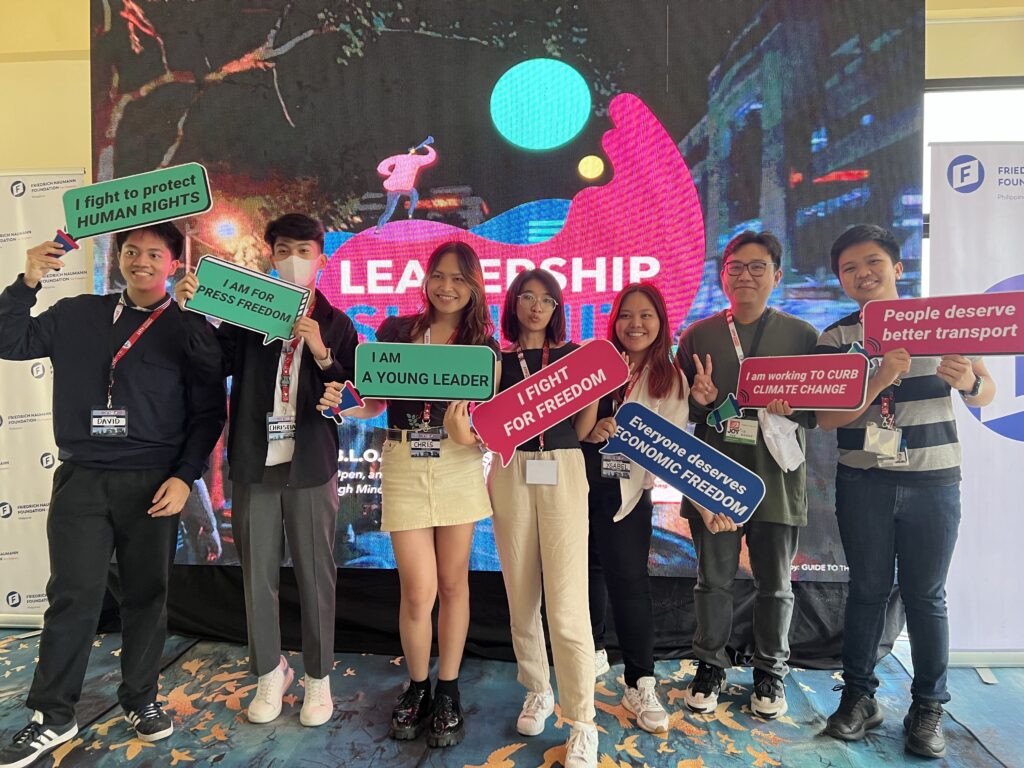
Engr. Marivic Empizo stressed the importance of promoting sustainable awareness and urged the audience to create and implement eco-friendly habits daily. The idea of “sustainable design” was also emphasized, which shows how important it is to build things that have minimal adverse effects on the world. Engr. Empizo’s ideas showed how technical progress could be combined with eco-friendly projects, highlighting the importance of new ideas in reducing the negative impacts of climate change and promoting long-term growth. The talks and discussions were a clear call to action, asking attendees and people to take responsibility for protecting the environment and using technology to help spread sustainable ways of living in the digital age. Working together and caring about the environment is essential for everyone, and the goal of a genuinely healthy city can become real.
In the journey toward a greener and healthier Baguio, Miss Maria Agnes Garcia from Zero Waste Baguio, Inc. took center stage during the Youth Leadership Summit. Her presentation was on solid waste management, and she gave special attention to the efforts of Zero Waste Baguio, Inc., a group working to make Baguio more sustainable.
Miss Garcia talked about waste management, which means handling our trash in a good way for the environment. She stressed how important it is for us to dispose of our waste responsibly. She introduced Zero Waste Baguio, Inc., a group about living a zero-waste lifestyle in our community. They focus on reducing, reusing, and recycling to ensure less negative environmental impact. In simpler terms, Miss Garcia showed us how to take small steps, like using less and recycling more, to help keep Baguio clean and green. Her discussion serves as a guide, giving us practical ideas on how we can all be part of making Baguio a better place. In addition, looking at Miss Garcia’s discussion, it’s essential that she raised awareness about taking care of our environment. Her simple and practical suggestions offer us a clear plan to make a positive impact. The message enlightened the students to collaborate to enhance our waste management, adopt eco-friendly habits, and create a community committed to positive change.
Moreover, as the Youth Leadership Summit entered its second day, it was dedicated to turning ideas into action. The summit wasn’t just a place for student leaders to learn; it became a space where young minds actively worked together to turn their ideas into actions that could make a difference in the community. The second day focused on the capstone projects and the practical plans created by student leaders to discuss and solve everyday issues in a way everyone could easily understand. The primary goal was not merely to complete a workshop task but to design projects that could genuinely improve community life.
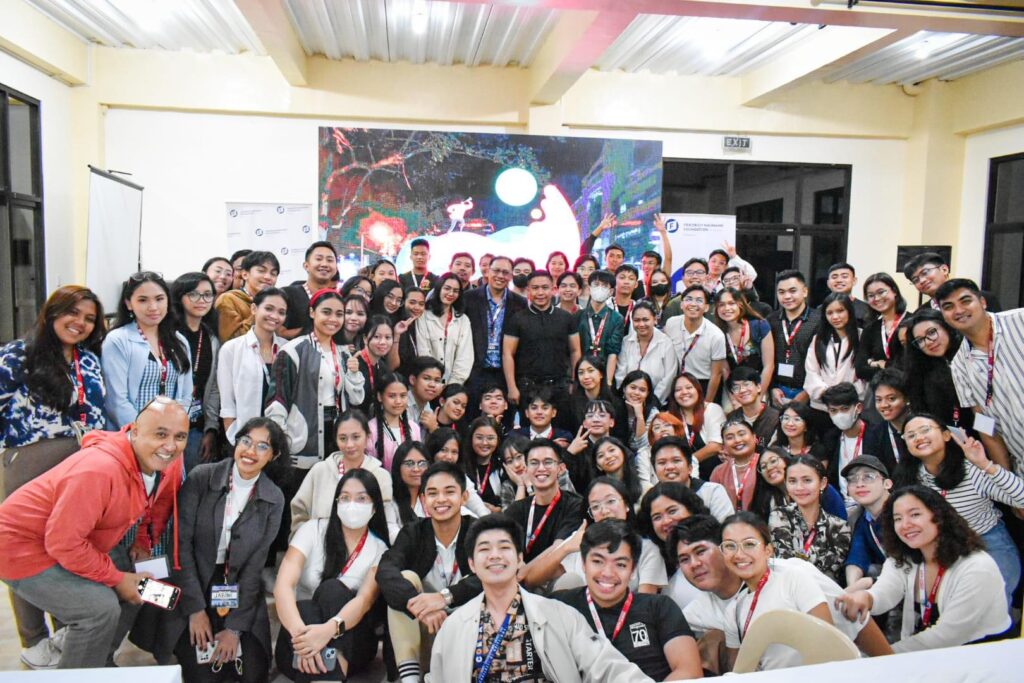
As the discussion and continuation of the capstone project proposal started, the goal was to ensure these projects were straightforward and could genuinely make a difference in the community. Guiding the students through this creative process were Ms. Elcie Cialana and Ms. Camille Dominguez, integral members of the leadership team. Their role was significant as they offered students ample time to think and finalize their projects. Their guidance emphasized the importance of directing students toward ensuring the feasibility of their proposals by suggesting practical solutions, strengthening the objectives, and sharing helpful tips and ideas to ensure the proposal projects were just right.
Furthermore, after a satisfying lunch break, the students took the stage to present their ideas. Each group had a concise 5 minutes to share their projects. The panel, which included Ms. Cialana and Ms. Dominguez, engaged in a friendly discussion with each group, asking questions that encouraged deeper exploration of their proposals, creating a dynamic exchange where participants could share and learn from one another. What made this part of the summit fascinating was the realization that each project went beyond just a workshop task. It represented a meaningful opportunity for students to contribute positively to their community. The student leaders demonstrated a genuine concern for making the world a better place. As a result, the summit transitioned from a platform for strengthening the essence of being a student leader into discussions where action was being evaluated and taken to address social issues.
As student leaders, the summit’s comprehensive program emphasized skills in advocacy campaigning, campus organizing, and leading initiatives to promote sustainability within the university and the wider community. Student Leaders had the opportunity to improve their knowledge and ability to find creative and strong solutions for real-world problems through engaging speeches, immersive workshops, and the creation of capstone projects. The key speakers, including Ms. Elcie Cialana and Ms. Camille Dominguez, highlighted an essential lesson in guiding student leaders. Ms. Cialana’s emphasis on purpose-driven leadership, self-awareness, and the dynamic nature of our environment inspired a sense of responsibility and a call to meaningful change. Meanwhile, Ms. Dominguez provided practical insights into school organizing, mobilization, and the importance of defining clear goals with the SMART approach.
The summit also addressed crucial environmental issues, with Engr. Marivic Empizo enlightens everyone on the collaboration between eco-consciousness and technology for sustainable living in the digital age. Discussions on Solid Waste Management by Miss Maria Agnes Garcia further discussed the importance of community-driven initiatives, mainly focusing on Zero Waste Baguio, Inc. Above all, the summit’s second day witnessed the culmination of efforts as student leaders transformed ideas into actionable plans during capstone project presentations. The event’s success was bridging theoretical knowledge with practical application, fostering a collaborative and forward-thinking community. As student leaders, the summit served as a catalyst for increased awareness and commitment to positive change. In addition, it got student leaders thinking more about making a positive difference. It wasn’t just a regular meeting; it became a shared journey in which student leaders all felt inspired and worked together. As the summit ended, student leaders felt like champions of change, armed with new ideas and a common goal. Even though the event is finished, its impact sticks with them, guiding them as they go out into the world, wanting to make things better wherever they can.
Written by Lavern Thea Ferrer and Christian Calagui

